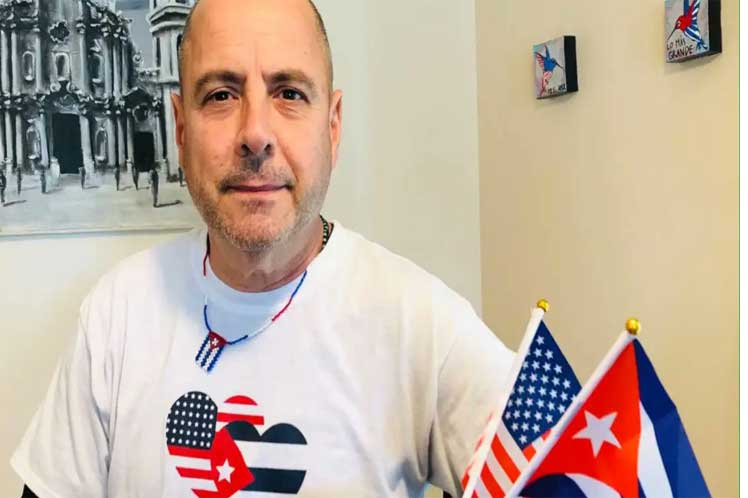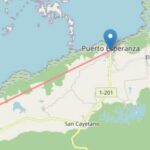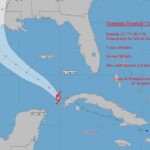Havana, Cuba: Cuban families on both sides of the Florida Strait are today the most affected by the unilateral coercive measures that the United States imposes on the Caribbean nation, numerous voices denounced on Twitter.
The day before, hundreds of messages sent by Cubans inside and outside the country and people in solidarity arrived through that social network to the American president, Joe Biden, and his wife, Jill Biden, in which they urged to lift the economic blockade against the Island.
In the same way, they urged the first president of the United States to eliminate the decisions adopted by the administration of his predecessor Donald Trump that hinder affiliate relations, among which are inscribed matters such as the suspension of the reunification program, remittances and a large part of airline flights.
The messages alluded to the separation imposed not only by the Covid-19 pandemic, but also by the decisions of the White House to suspend visa services in Havana since November 2017, under the pretext of alleged acoustic attacks on staff of the Embassy.
Likewise, due to the subsequent closure (2018) of the Citizenship and Immigration Service office, all of which forces Cubans to move to third countries, which makes the processing of family reunification applications almost impossible.
Added to this is the suspension, from December 10, 2019, of all trips by US airlines to Cuba’s air terminals, except those in the capital.
This measure was complemented a month later with the elimination of charter flights to the rest of the country and the limitation of those who could land in Havana.
The sending of remittances was another target of US policy, first with the restriction of the amount, up to a thousand dollars per quarter (September 2019), and then with the impossibility of using the Western Union company for that purpose from third countries ( February 2020).
The coup de grace came with the inclusion of Fincimex in the list of companies with which Americans cannot do business, thus leaving Western Union without a counterpart on the Island.
Thus, in November 2020 the legal channel to send money from the United States to Cuba was closed, a decision that did not take into account the existing crisis with the pandemic.
Although each Cuban has its share of damages in the more than five billion dollars that local authorities reported last year as effects of the Washington blockade, the additional measures put a greater weight on families, a message that this Sunday they recalled the current US president.





